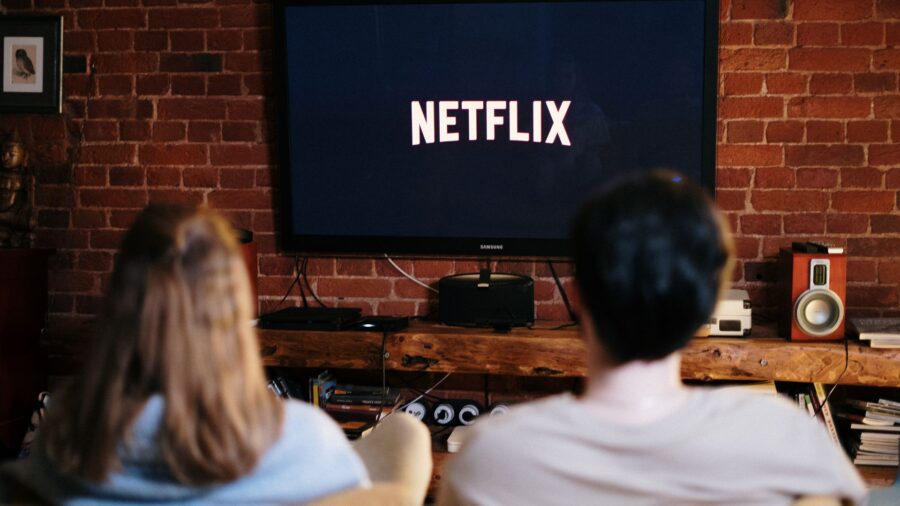Netflix Is About To Remove Tons Of Content Because Of New Rules
If a bill is passed into law in the UK, Netflix will have no choice but to cut tons of content deemed harmful by the government.

Thanks to everything from the whole password-sharing debacle to constantly canceling shows right when they start to get good, Netflix is seemingly losing new subscribers every day. But in a recent plot twist, we found ourselves rooting for Netflix against a very surprising foe: the British government. According to Deadline, the UK is trying to ensure regulator Ofcom polices “streaming giants in a similar way to traditional broadcasters,” and Netflix may have to cut content left and right or potentially get fined up to $310,000 for “carrying harmful content.”
None of this is codified into law yet, but ministers in the UK are pushing a Media Bill that sets about to monitor content from Netflix and other publishers and fine them harshly for any violations. The goal of this bill is to make sure that streamers remain impartial in regard to “current public policy” and “political or industrial controversy.” It’s a very strange attempt at regulatory overreach, but it should come as no surprise to anyone old enough to remember when England dubbed dozens of films (mostly horror movies) as “video nasties” and banned as many of them as they could get away with.
If you find yourself asking how the British government will determine what content does and does not violate this vague wording, you’re not alone. In a letter sent to the Culture, Media and Sport Committee, the streamer echoed these same concerns regarding the “range and variety of Netflix’s content” and pointed out the need for “considerably greater clarity around the scope and application of these provisions.”
Without that clarity, they will have no choice but to remove large swathes of content because “it would inevitably be easier to remove content pre-emptively from our UK catalogue than risk an onerous compliance burden and potential liability.”
Obviously, Netflix is watching out for its own corporate interests in this matter, but it’s notable that if they are forced to comply with the Media Bill, it will be bad for all of the UK subscribers as well. It has been a common complaint for many years that Netflix doesn’t have as much good content as it used to, and it is worse than ever now that they have to compete with other streamers. If the streaming giant is forced to comply with these regulations, there may hardly be anything left for the average UK subscriber to watch.

Netflix is not the only streamer affected by these regulations, and they are also not the only ones fighting back. Regarding Disney+, Disney sent a very similar response to the Culture, Media, and Sport Committee, pointing out how absurd it is to try to hold Video On Demand services and broadcasters to the same standard. In this, they echoed Netflix’s own wording, which emphasized that someone has to voluntarily start streaming a program after reading its description and rating and cannot accidentally stumble onto something the way someone could while browsing cable.
While Disney is similarly concerned, Netflix has the most to lose when it comes to this regulation. Right now, it remains the most popular streaming platform in the UK, boasting 17 million subscribers. Ultimately, only time will tell whether the government’s attempt at regulating streaming content receives widespread public support or if the average British subscriber will fight back against yet another attempt by the state to determine which media they are or are not allowed to experience.












